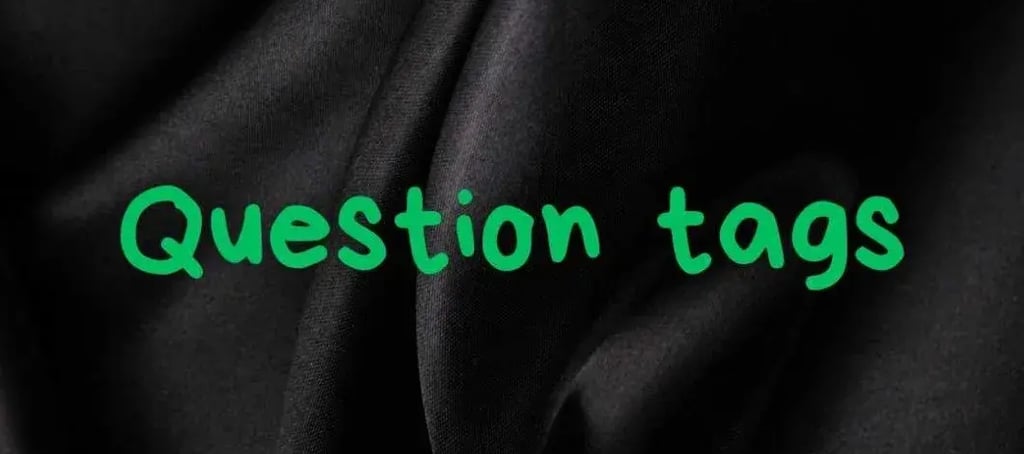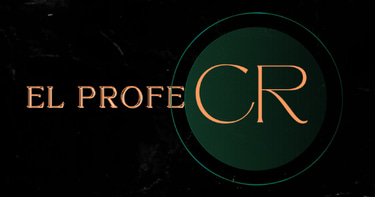
Question tags
B1-B2 GRAMMAR
2 min read


Do you know how to use question tags like is he and didn't you?
Look at these examples to see how question tags are used.
You haven't seen this film, have you?
Your sister lives in USA, doesn't she?
He can't drive, can he?
Explanation
Question tags are interrogative sentences that appear at the end of the sentence to act as confirmation for the before said statement. In this type, there would be any sentence like the imperative, explanatory, or interrogative sentences in a statement.
We can add question tags like isn't it?, can you? or didn't they? to a statement to make it into a question. Question tags are more common in speaking than writing.
We often use question tags when we expect the listener to agree with our statement. In this case, when the statement is positive, we use a negative question tag.
She's a doctor, isn't she?
Yesterday was so much fun, wasn't it?
If the statement is negative, we use a positive question tag.
He isn't here, is he?
The trains are never on time, are they?
Nobody has called for me, have they?
If we are sure or almost sure that the listener will confirm that our statement is correct, we say the question tag with a falling intonation. If we are a bit less sure, we say the question tag with a rising intonation.
Formation
If there is an auxiliary verb in the statement, we use it to form the question tag.
I don't need to finish this today, do I?
James is working on that, isn't he?
Your parents have retired, haven't they?
The phone didn't ring, did it?
It was raining that day, wasn't it?
Your mum hadn't met him before, had she?
Sometimes there is no auxiliary verb already in the statement. For example, when:
... the verb in the statement is present simple or past simple and is positive. Here we use don't, doesn't or didn't:
Jenni eats cheese, doesn't she?
I said that already, didn't I?
... the verb in the statement is to be in the present simple or past simple. In this case we use to be to make the question tag:
The bus stop's over there, isn't it?
None of those customers were happy, were they?
... the verb in the statement is a modal verb. Here we use the modal verb to make the question tag:
They could hear me, couldn't they?
You won't tell anyone, will you?
If the main verb or auxiliary verb in the statement is am, the positive question tag is am I? but the negative question tag is usually aren't I?:
I'm never on time, am I?
I'm going to get an email with the details, aren't I?
Sobre nosotros
El Profe CR busca ayudar a aquellas personas que deseen desarrollar las habilidades que hoy en día las empresas requieren de cada candidato(a) con y sin experiencia laboral.
©2025 Todos los derechos reservados.
